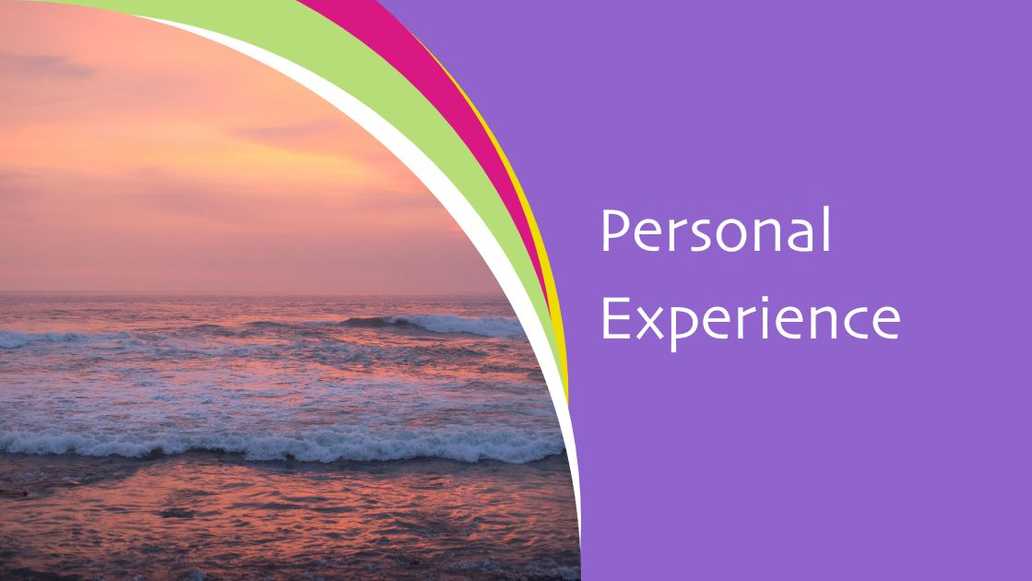
I experienced a ruptured ectopic pregnancy at 9 weeks gestation in October 2022. I first learnt about ectopic pregnancies when I was in medical school, but I didn’t have any risk factors, so it didn’t occur to me that it was something I would ever experience.
The scary thing was I didn’t realise I was pregnant when the first symptoms appeared. I’d had what I thought was a late period a few weeks before, but it turned out later to be implantation bleeding. I initially thought the pain was just ovulation, so I went about my day as normal. The next morning, I did an ovulation test, which was negative. I had a pregnancy test lying around, and I thought I might as well dip it, as it was quite well drilled into us at medical school to carry out pregnancy tests in women with abdominal pain. The recent “period” I thought I had was no different to any other, so I got the biggest shock of my life when the test immediately turned strongly positive.
My symptoms had completely settled by this point, so I allowed myself to get excited and started working out my due date. Unfortunately, a few hours later the severe one-sided pain and fresh bleeding returned, and my husband drove me to the emergency department. I remember on the way still thinking positively and getting excited that I was going to see my baby on ultrasound scan for the first time.
Unfortunately, when gynaecology scanned me, they confirmed it was an ectopic pregnancy, and I could see the baby located in my left Fallopian tube instead of my uterus. Not only that, but the scan also showed I had life-threatening internal bleeding. I was going to need to go to emergency theatre to stop the bleeding and remove my pregnancy and the ruptured Fallopian tube. There wasn’t much time to process the information, but I received excellent and compassionate care from all the staff.
I had never worked in obstetrics and gynaecology before, so there were questions that I wasn’t expecting – like naming the baby and deciding what we wanted to do with the remains. We decided on cremation and burial in the hospital remembrance garden with the other babies lost before birth. I was counselled for open surgery, but thankfully, they were able to do the surgery via keyhole, and the physical recovery wasn’t too bad.
The mental recovery was very difficult though. I had to come to terms with not only losing my pregnancy, but also part of my fertility, and the frightening experience of requiring emergency surgery. I already knew I had polycystic ovaries, so I found it very tough to deal with losing a Fallopian tube as well. Christmas was extremely difficult, and I found it hard to not be resentful of my pregnant friends and family.
Although fertility can be affected and risk of a second ectopic pregnancy is higher, I was fortunate to become pregnant again six months later. It was nerve-wracking when I first saw the positive test, but I was advised to attend the hospital for early scans, and these confirmed the pregnancy was in the right location. Although we are delighted, it still doesn’t completely take away the grief of our previous experience.
I have written my story firstly to raise awareness of a life-threatening condition that affects 1 in 80 pregnancies. Ectopic pregnancy is the leading cause of maternal death in the first trimester, so it is important for every woman and healthcare worker to be aware of it. Secondly, I wanted to explain some of the emotions a woman might feel going through this, and thirdly, to give some hope that a healthy pregnancy is possible following an ectopic pregnancy.
Thank you to Sarah for sharing her experience. If you would like to share your experience of ectopic pregnancy, please visit our guide for more information. Please remember our support services are available at any time.